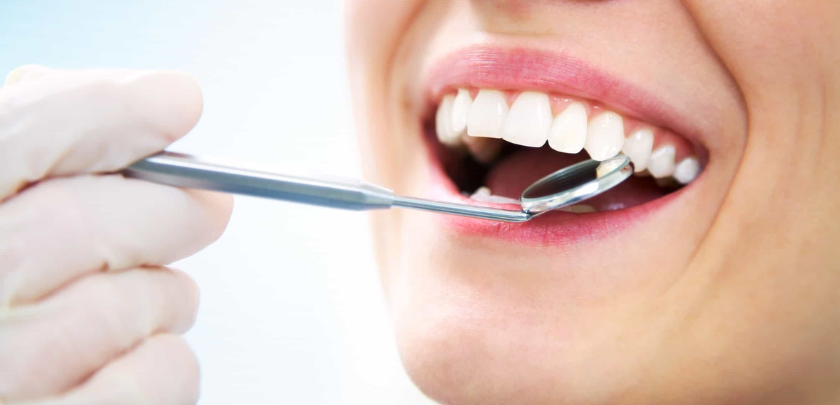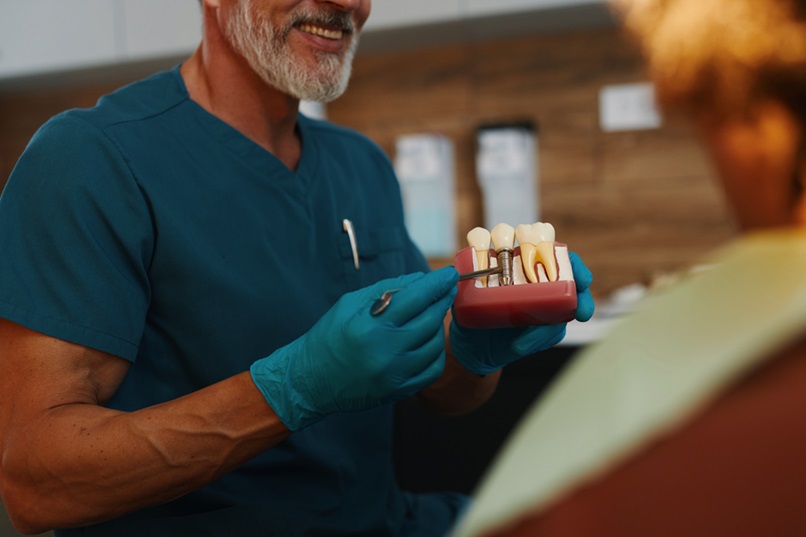Understanding the Benefits of Regular Oral Cancer Screenings

Oral cancer, a subgroup of head and neck cancers, represents a critical health concern worldwide. It encompasses cancers of the mouth, tongue, lips, throat, parts of the nose, and larynx. Despite its alarming incidence rates, awareness and understanding of oral cancer screenings remain relatively low. Regular screenings are vital for early detection, which significantly improves treatment outcomes. This article aims to shed light on the importance of regular oral cancer screenings through a comprehensive FAQ format.
What is oral cancer?
Oral cancer refers to cancers found in the oral cavity and oropharynx. The oral cavity includes your lips, cheek lining, gums, front part of your tongue, the bottom of the mouth under the tongue, and the hard palate (roof of your mouth). The oropharynx includes the middle region of the throat, from the tonsils to the tip of the voice box.
Why are oral cancer screenings important?
Oral cancer screenings are crucial because they can help detect oral cancer early, often before symptoms arise. Early detection of oral cancer significantly increases the chances of successful treatment, leading to higher survival rates. Regular screenings can also identify precancerous conditions that may develop into oral cancer, providing an opportunity to prevent the disease before it progresses.
Who should get screened for oral cancer?
Adults over the age of 20 should consider regular screenings as part of their dental check-ups, especially if they engage in risk factors such as tobacco use, heavy alcohol consumption, a history of oral human papillomavirus (HPV), or a family history of cancer. Individuals with a previous oral cancer diagnosis should undergo more frequent screenings.
What does an oral cancer screening entail?
An oral cancer screening is a quick, non-invasive procedure typically performed during a routine dental visit. The dentist examines your mouth to look for signs of cancer or precancerous conditions. They will look for asymmetries, swellings, bumps, patches of color, ulcerations, or other abnormalities. A dentist might also palpate (feel) the head, cheeks, jaw, and neck for unusual nodules or masses.
How often should one undergo oral cancer screening?
The frequency of oral cancer screenings depends on an individual’s risk factors. For those with no significant risk factors, an annual screening during a dental check-up is generally recommended. However, individuals at higher risk may need screenings more frequently, as advised by their healthcare provider.
What are the signs and symptoms of oral cancer?
Common signs and symptoms of oral cancer include persistent sores on the face, neck, or mouth that bleed easily and do not heal within two weeks; a lump or thickening in the cheek; a white or red patch on the gums, tongue, tonsil, or lining of the mouth; soreness or a feeling that something is caught in the throat; difficulty chewing or swallowing; difficulty moving the jaw or tongue; numbness of the tongue or other areas of the mouth; and swelling of the jaw that causes dentures to fit poorly or become uncomfortable.
Can oral cancer screenings save lives?
Yes, oral cancer screenings can save lives. By facilitating early detection and diagnosis, screenings can lead to early intervention when the cancer is most treatable. Early-stage oral cancers have a much higher survival rate compared to those diagnosed at a later stage.
Are there any risks associated with oral cancer screenings?
Oral cancer screenings have minimal to no risks. The screening is non-invasive and painless. However, it’s important to note that screenings do not diagnose cancer. If an abnormality is found, further testing will be necessary to determine if it’s cancerous.
What happens if something abnormal is found during the screening?
If your dentist discovers an abnormality, they may recommend further testing, which could include a biopsy, where a small sample of tissue is removed and examined under a microscope. Depending on the results, your dentist or doctor may refer you to a specialist for further evaluation and treatment.
How can I reduce my risk of oral cancer?
To reduce your risk of developing oral cancer, avoid tobacco products, limit alcohol consumption, eat a healthy diet rich in fruits and vegetables, limit exposure to the sun (to prevent lip cancer), and consider getting vaccinated against HPV. Regular oral cancer screenings are also an essential part of prevention.
Oral cancer screenings are a critical component of oral health care and cancer prevention strategies. They offer a simple, non-invasive means of detecting oral cancer early, thereby increasing the chances of successful treatment. Regardless of your risk factors, integrating regular oral cancer screenings into your healthcare routine can play a significant role in maintaining your overall health and well-being. Remember, the key to combating oral cancer lies in early detection and prevention.


